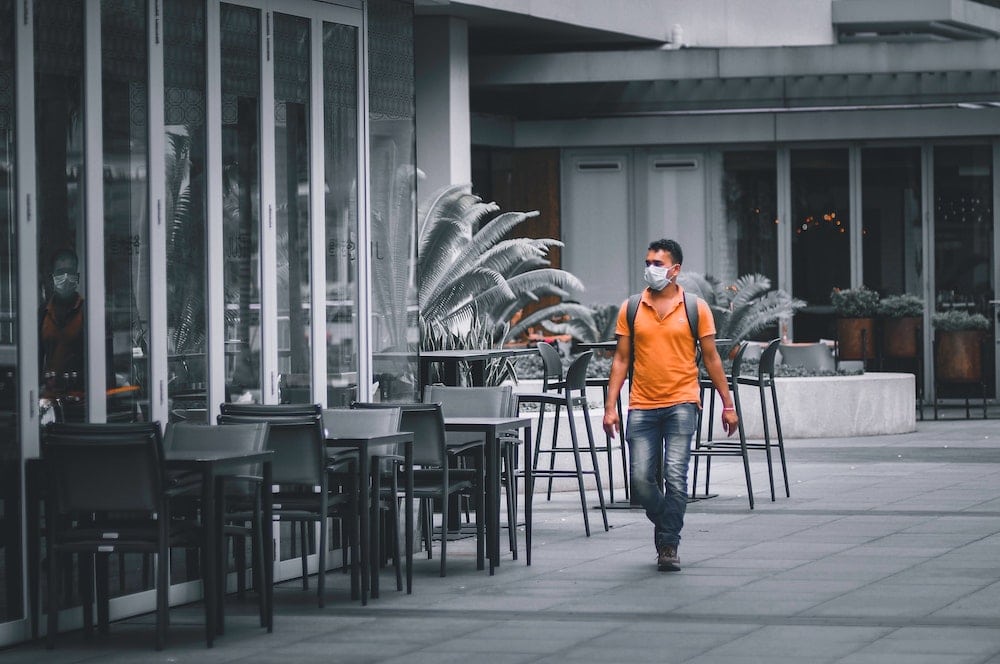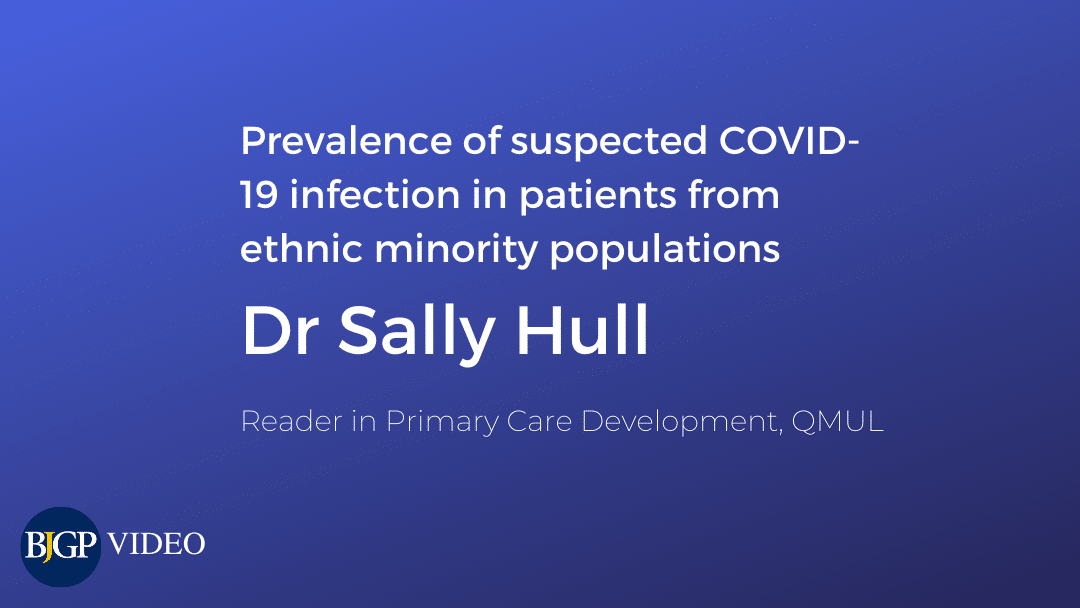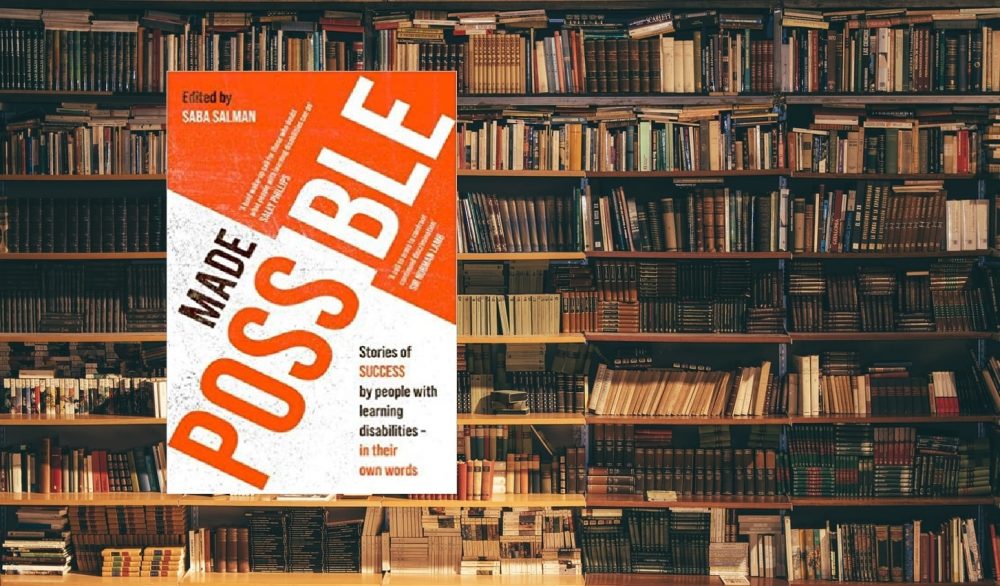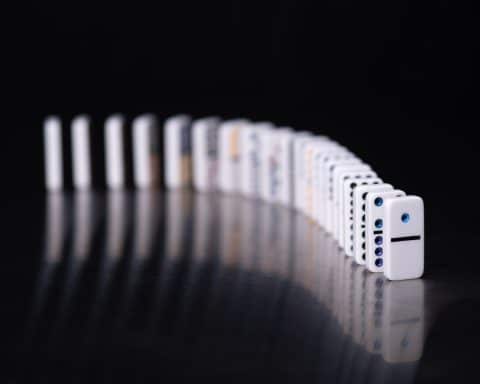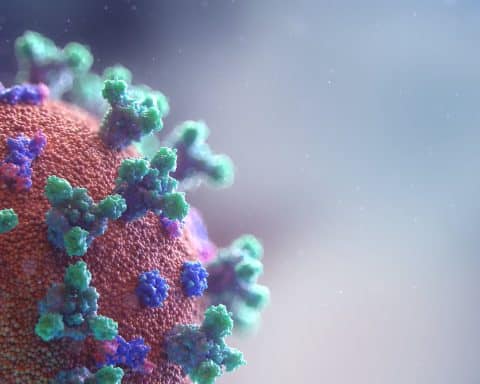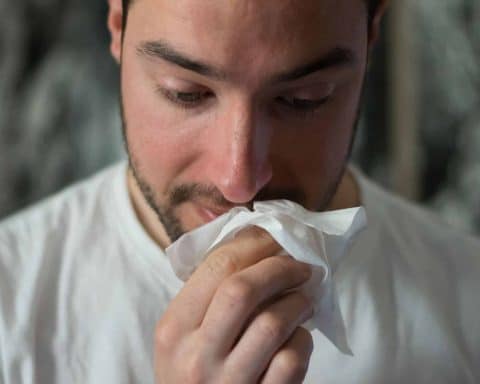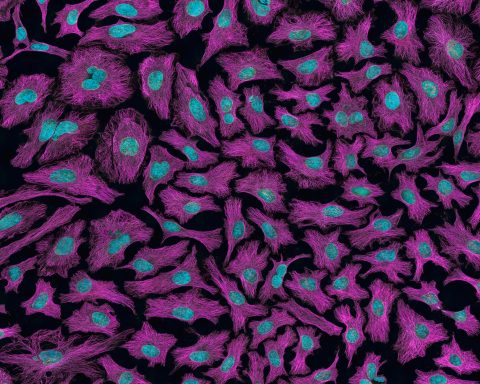
We will remember 2020 as the year of Covid-19, a global pandemic that has touched the lives of more human beings than any disease in history. In the spring, as lockdowns were being enforced, one would be forgiven for thinking they were part of some Hollywood apocalyptic blockbuster. Life around the world began to change. We yearned for calm and reassurance; instead we got panicked governments around the globe, seemingly unprepared for the existential threat posed by the marauding virus. Official rhetoric changed as the threat of the virus became apparent; it was no longer just a harmless cold but would lead to overflowing hospitals, countless deaths and morgues bursting at the seams. We watched stories from China, Italy and Spain in horror, as the virus marched Westwards slowly towards us
In this chaos, confusion reigned. People wanted hard facts; science gave conflicting views.
People wanted hard facts; science gave conflicting views
People changed. The fear was so overwhelming that it separated us from our loved ones. Heartbreaking stories of parents separating themselves from their children, for months on end at times, became a regular feature on news outlets. The virus may have spared the bodies of many children but attacked their minds. As cases of domestic violence soared during lockdown it would have been the children who suffered also, often silently. There are valid concerns that a reduction in reporting of child sexual abuse may hide an increase rather than a decrease in the phenomenon as vulnerable children were quietly tucked away. The extent of loss of livelihood is only now slowly becoming apparent. A slew of job losses is reported on an almost daily basis; each one a life, faced with uncertainty and potential financial hardship and accompanying mental trauma. In an ever increasingly connected world, lockdowns in one part of the world have devastating knock on effects in other parts of the globe through the decimation of trade and travel.
In healthcare the harm has also been unprecedented. I had an elderly gentleman, who is hard of hearing, made to attend his clinic appointment on his own. The carer was not allowed in the room due to Covid protocol. He returned home with no idea what the mass in his colon was, nor any idea about the treatment options proposed by the consultant. I have heard of patients in antenatal clinics being told that they have miscarried, with no loved one present with them to support them in the shock and grief. I have patients who have been waiting months for an endoscopy or a dermatology appointment due to “reorganization of services due to Covid” as the symptoms are not considered urgent enough to warrant review. Stay at home. Protect the NHS. Save lives. The slogan sounds catchy but what are we protecting the NHS for if six months of unbearable hip pain no longer qualifies for necessary specialist input?
The benefit of lockdown was counted in lives saved; millions across Europe we are told. The harm is harder to quantify and therefore less likely to become a political liability. It can be quietly hidden away, immune from the statistical analysis of death rates. More of us are alive, but at what what price?
As the initial onslaught seems to have waned we find ourselves on tenterhooks about the possibility of another. We hang on to the words of the scientists from the fascinatingly named SAGE group (as not every announcement has been sagacious!). Their advice now determines how we behave; how far we stand from our neighbor or whether we jump on the bus to go to work. We pin our hopes on a vaccine, which will not give us 100% protection, but its arrival will be hailed, almost certainly, as if it does. Initially it was the daily death count that mattered; now we obsess over the number of new infections, irrespective of whether an increase causes a corresponding increase in deaths.
How much are we willing to sacrifice to stay alive?
As it increasingly targets the elderly and those with significant health problems disproportionately it does not appear to be like the feared pandemics of the past such as the bubonic plague and the Spanish flu where the healthy and young were also highly susceptible. As consensus grows that the responsible virus is likely to remain amongst the human population for the foreseeable future, and as unprecedented lockdowns continue to cause more damage to the well-being of the global population than the virus itself, we must seriously ask ourselves, how much are we willing to sacrifice to stay alive?
I fear that in an attempt to reduce the small risk of death from Covid-19 even further we may create a world that is more unpleasant and unbearable than the one we are so desperately trying to avoid.

